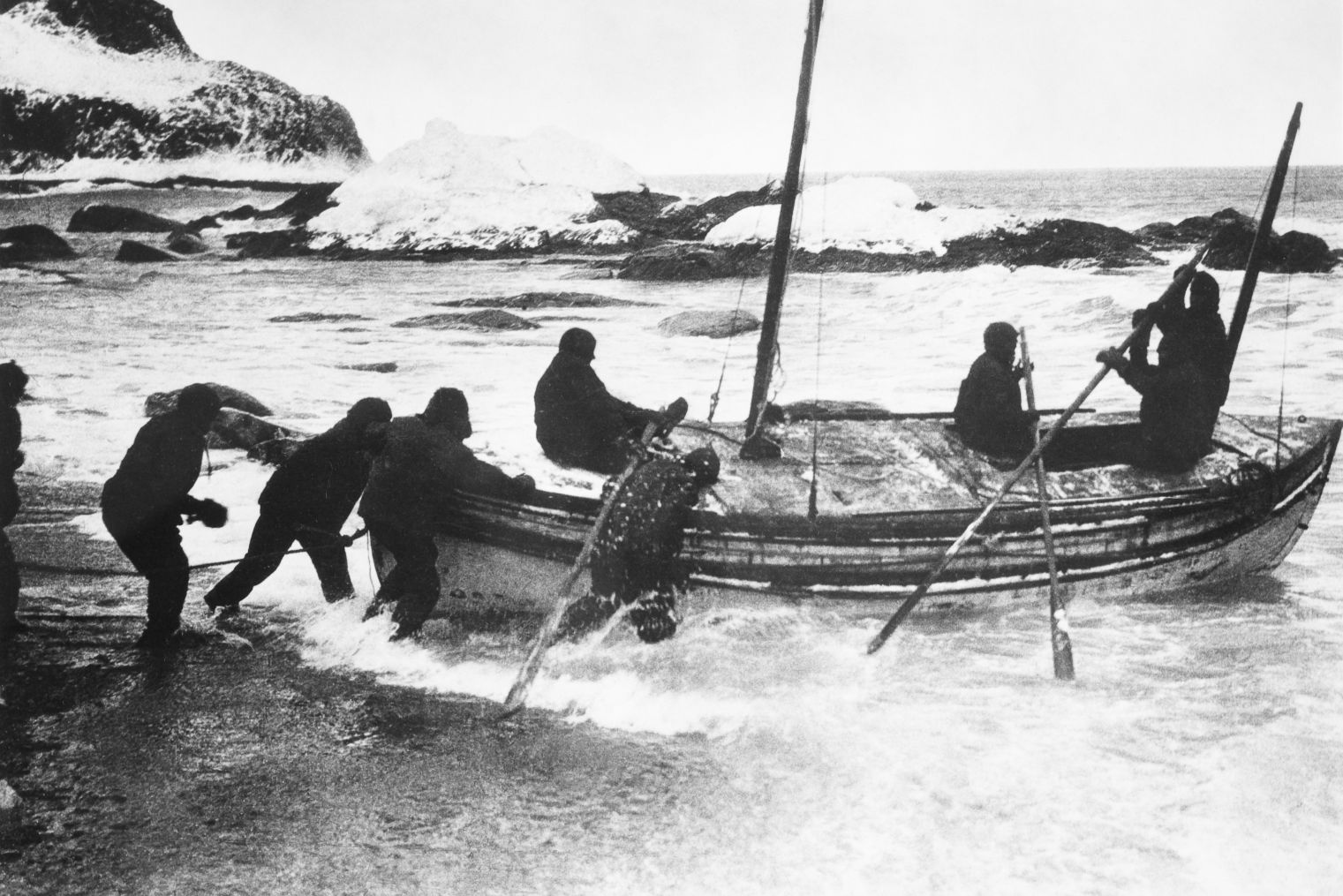Safe Return Doubtful

A few nights ago, Netflix, in its infinite wisdom, suggested the delightful indie comedy Safety Not Guaranteed. The story begins with a curious newspaper classified that reads:
Wanted: Somebody to go back in time with me. This is not a joke. P.O. Box 91 Ocean View, WA 99393. You’ll get paid after we get back. Must bring your own weapons. Safety not guaranteed. I have only done this once before.
As the film unfolds, the viewer uncovers what one critic deemed a “plaintive underlying theme about the fading dreams of those aspiring professionals in their 20s and 30s not swept up in the high-tech and financial gold rush.”
In other words, ours is a cynical-yet-hopeful generation. If wealth is no longer an attainable analogue for happiness, we’ll redefine happiness by emphasizing experience over possessions.
While this attitude seems thoroughly post-modern, the desire for meaningful experience isn’t unique to the 20- and 30-somethings of the past decade.
Consider the following job posting, which sounds a lot like the one above, dating from 1912:
Men wanted for hazardous journey. Low wages, bitter cold, long hours of complete darkness. Safe return doubtful. Honour and recognition in event of success.
How’s that for a job ad? In a world of bullet points and bravado-ridden job descriptions, many would find the risk and intrigue of this advertisement compelling. In fact, this ad received more than 5,000 responses between late 1913 and 1914. As the applicants would soon discover, it was placed by Sir Ernest Shackleton to attract a crew for his Expedition to Antarctica.
Early the journey to traverse that contingent by land, Shackleton’s ship, the Endurance, was caught in unseasonably early ice floes. Trapped for more than 9 months in the crushing ice, the ship finally sank, forcing the crew to abandon ship. The crew then faced 2 months of camping on a large ice floe, until striking out for 5 days in their three lifeboats.
In a last-ditch effort to find help, Shackleton and five others struck out in an open lifeboat. Their destination: a whaling station on South Georgia Island, some 920 miles away. Upon landing 15 days later, Shackleton and two companions set out on foot for the station, some 32 miles overland. They covered the distance in just 36 hours, leading to the eventual rescue of the entire crew.
And after all that, no one had to eat anyone.
In fact, not a single member of the Endurance crew died on the trip.
There are many reasons why that was true, including Shackleton’s leadership, the experience of the crew, and a good deal ofluck. But one might also argue that the honesty and excitement of the original job posting attracted candidates of a certain ilk, e.g. people who craved adventure, were willing to work hard, and ultimately, were survivors.
People don’t want to buy products or work jobs. They want to do meaningful things, to create value for the world. Great companies tap into those desires, and customers align themselves with those brands. And so do their employees.
For that reason, companies should differentiate from competitors, not only in the eyes of their customers, but for current and potential team members as well.
Everyone has cool offices, great equipment, flexible hours, awesome snacks, free lunches, and other physical artifacts companies hope will express, or more often, create, a certain type of culture. Smart teams, though, take a page from Shackleton’s book, working to elevate the collective experience of a company from building stuff to enacting change.
When considered in this light, robust and inspiring messaging in job postings communicates something about your brand and culture, which will help attract the kinds of folks with values that align with yours. It will appeal to the people you want in the trenches when times are tough and any normal human would give in.
Shackleton could have used the standard sailing ship job posting format and language. He could’ve used bullet points for required education and experience. But I have to imagine the Shackleton story would have ended differently had he not chosen to evoke the innate desire for adventure and meaning. Given the high stakes your face in building your team, can the same be said for you?